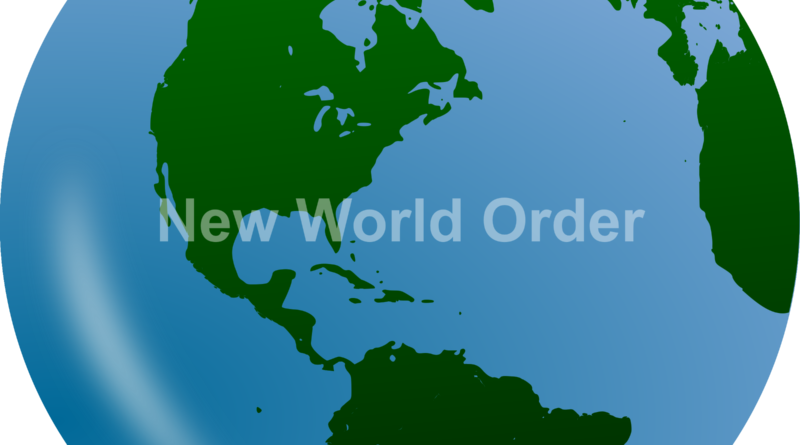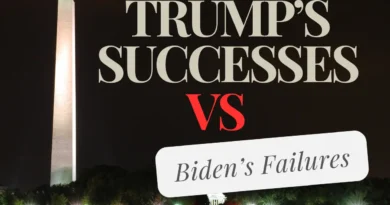New World Order
The Emerging New World Order and How America Can Defend Against It
Table of Contents
New World Order
1. Introduction
The concept of a “New World Order” has long been a subject of intense debate and speculation. It refers to an emerging global power structure that aims to centralize control and diminish national sovereignty. Proponents argue it could lead to greater global cooperation and peace, while critics warn it poses a severe threat to individual freedoms and national independence. This post delves into the intricacies of this New World Order, its potential implications for America, and strategies for defending against it.
2. Understanding the New World Order
Origins and Definitions
The term “New World Order” gained prominence in the late 20th century, particularly after speeches by world leaders like George H.W. Bush in the early 1990s. Historically, it has roots in various geopolitical theories and conspiracy narratives that speculate about an elite group orchestrating global events to create a single, centralized world government.
Key Players and Influences
Several entities are often cited as central to the formation of a New World Order:
- International Organizations: United Nations (UN), World Economic Forum (WEF), International Monetary Fund (IMF), and World Bank.
- Influential Families and Groups: The Rothschilds, Rockefellers, Bilderberg Group.
- Globalist Politicians and Thinkers: Figures who advocate for global governance and reduced national sovereignty.
3. Mechanisms of Control
Political and Economic Strategies
The New World Order is believed to advance its agenda through various political and economic strategies:
- Supranational Governance: Encouraging the formation of bodies like the European Union (EU) that supersede national governments.
- Economic Integration: Promoting free trade agreements and economic policies that bind nations into interdependent relationships.
- Debt and Dependency: Utilizing international loans and financial aid to exert control over national policies.
Media and Information Control
Control over information is critical to the New World Order:
- Mainstream Media: Ownership of major news outlets to shape public perception and opinion.
- Tech Giants: Using social media and tech companies to monitor and influence online discourse.
- Education Systems: Promoting curricula that align with globalist ideologies.
4. The Threat to American Sovereignty
Erosion of National Borders
One of the primary concerns is the erosion of national borders and the dilution of national identity:
- Immigration Policies: Encouraging mass immigration without adequate assimilation efforts.
- Trade Agreements: Binding agreements that prioritize international regulations over national laws.
Undermining of Constitutional Rights
The New World Order poses significant risks to the constitutional rights that form the bedrock of American freedom:
- Second Amendment: Efforts to impose stricter gun control laws as a means of reducing personal defense capabilities.
- Free Speech: Increasing censorship and limitations on free speech, often under the guise of combating misinformation or hate speech.
5. Case Studies and Historical Precedents
European Union
The European Union serves as a prime example of supranational governance:
- Loss of Sovereignty: Member states have ceded significant legislative powers to the EU.
- Economic Policies: Uniform economic policies that often favor stronger economies at the expense of weaker ones.
United Nations Agenda 2030
The UN’s Agenda 2030 outlines goals for sustainable development but has been criticized for:
- Centralized Planning: Advocating for global policies that may override national interests.
- Resource Redistribution: Proposals that could lead to significant economic redistribution.
6. Strategies for American Defense
Strengthening National Identity
A robust national identity is crucial in resisting globalist pressures:
- Civic Education: Promoting a deeper understanding of American history and values.
- Patriotism: Encouraging pride in national achievements and symbols.
Promoting Economic Independence
Economic independence reduces vulnerability to globalist control:
- Domestic Manufacturing: Revitalizing American manufacturing to reduce dependence on foreign goods.
- Energy Independence: Investing in domestic energy sources to avoid reliance on foreign oil and gas.
Protecting Constitutional Freedoms
Upholding constitutional freedoms is paramount:
- Judicial Vigilance: Ensuring that the judiciary remains committed to interpreting the Constitution as originally intended.
- Legislative Safeguards: Passing laws that reinforce constitutional rights and counteract globalist influences.
7. Conclusion
The idea of a New World Order represents a complex and multifaceted challenge to American sovereignty and freedom. Understanding its mechanisms, recognizing its threats, and implementing robust defense strategies are essential for safeguarding the nation’s future. By strengthening national identity, promoting economic independence, and protecting constitutional freedoms, America can resist the encroaching pressures of globalism and maintain its position as a bastion of liberty.




